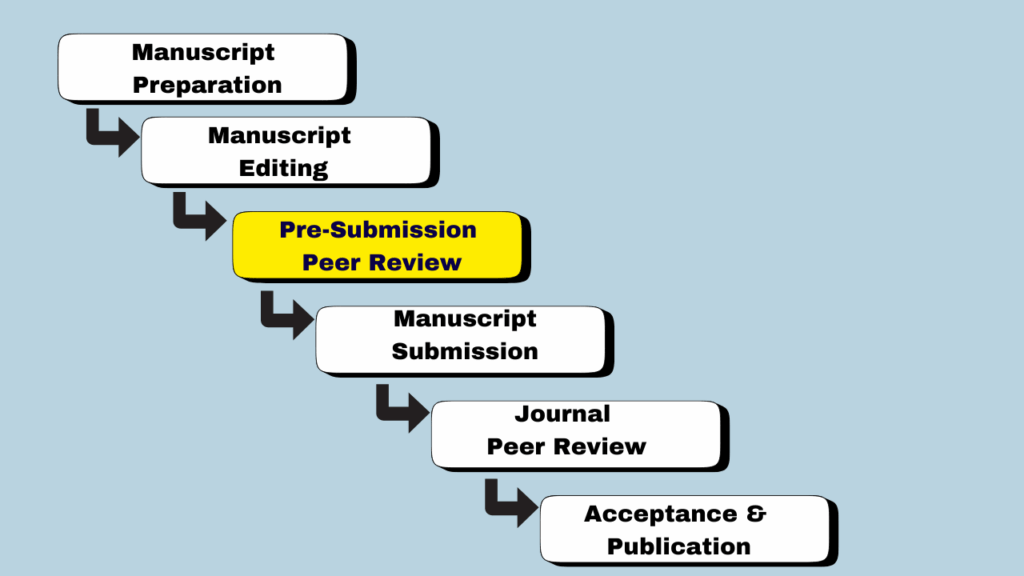Best practices for peer reviewers to critique manuscripts effectively [Free downloadable handbook]
![Best practices for peer reviewers to critique manuscripts effectively [Free downloadable handbook]](https://www.editage.com/insights/wp-content/uploads/2025/02/editage-insights-generic-banner_298.webp)
Peer review is an integral part of the publication process as it helps to validate academic research. A well-conducted peer review ensures that only rigorously conducted and high-quality research is published and that authors are encouraged to meet the required standards of academic publishing.
Responsibilities of peer reviewers lie toward their discipline, the journal editor, and the author. Peer reviewers hence need to ensure that their review is academically rigorous, well-reasoned, objective, clear, ethical, constructive, neutral/respectful in tone, and punctual. A good peer review helps the editor make a timely, sound, and fair decision about the fate of the manuscript and helps the authors improve their manuscripts.
A good peer review also helps the reviewer. Editors are more likely to invite a researcher to review again if their reviews are high quality, helpful, and delivered on time. This can help researchers, especially early career researchers, establish themselves as reliable experts in their fields.
Conducting a peer review is, therefore, a crucial task.
Researchers receiving peer reviewer comments can feel demotivated if the comments are harsh and unhelpful. Moreover, unclear or vague comments can leave an author feeling confused about what they need to address and how best to do it.
This handbook discusses some peer review best practices. It talks about how you can do justice to your role as a reviewer by ensuring that you can commit the time needed to perform a thorough evaluation. It shares tips on how to write your comments in a systematic and well-reasoned manner so that both the editor and the author clearly understand your critique. Through the use of specific examples, it explains important dos and don’ts revolving around the depth, specificity, and tone of comments.
Many researchers, especially those in the early stages of their careers, do not receive adequate training on conducting peer reviews. This handbook is a great starting point for them to understand how to go about it effectively. So download it now!
Mini handbook Peer review best practices_ROW_0.pdf





